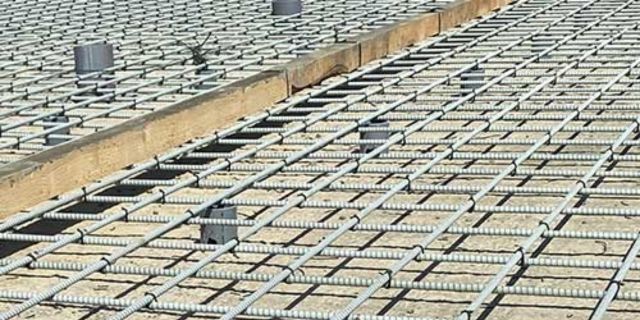Marine environments are among the most aggressive settings for construction materials. Constant exposure to saltwater, humidity, and varying temperatures accelerates corrosion in traditional steel reinforcements, leading to frequent repairs and high maintenance costs. Glass Fiber Reinforced Polymer (GFRP) rebars have emerged as a superior alternative for marine structures.
GFRP rebars are inherently resistant to corrosion, making them ideal for applications like seawalls, docks, piers, and offshore platforms. Their lightweight nature also reduces transportation and installation costs, especially in remote coastal areas. Additionally, GFRP’s high tensile strength ensures structural integrity, even under challenging conditions.
This blog will explore the long-term cost benefits of using GFRP rebars in marine environments. Unlike steel, GFRP eliminates the need for protective coatings or cathodic protection, further reducing maintenance costs. The post will also highlight case studies where GFRP rebars have extended the lifespan of marine structures by decades.
By investing in GFRP rebars, project developers can ensure durability, sustainability, and safety. As governments and private organizations focus on resilient infrastructure, GFRP is proving to be an indispensable material for modern marine construction.
